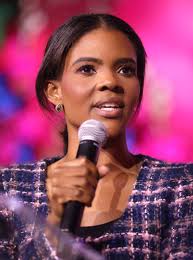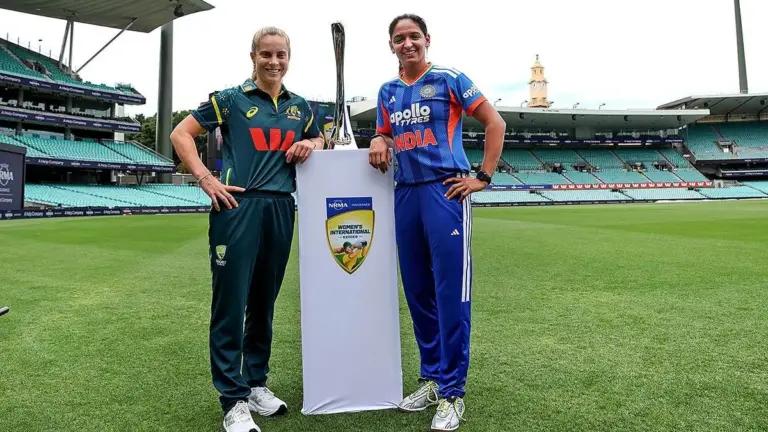
Introduction
Candace Owens has emerged as one of the most prominent voices in conservative politics and activism in recent years. Known for her provocative views and unapologetic approach, Owens has garnered significant attention, particularly among younger audiences who resonate with her emphasis on individualism and criticism of social justice movements. Her influence continues to grow, making her an essential figure to watch in contemporary political discourse.
Background and Career
Candace Owens was born on April 29, 1989, in Stamford, Connecticut. Initially, she gained recognition for her anti-BLM (Black Lives Matter) stance and her subsequent partnership with Turning Point USA, a conservative advocacy group for students. Her ascent in political commentary began in earnest with her YouTube channel, where she articulated her viewpoints on various socio-political issues. Over the years, her commentary has evolved, reflecting her views on identity politics, culture, and the role of government.
Current Events and Public Appearances
In recent months, Owens has made headlines with her outspoken critiques of the Biden administration and the rising leftist ideologies. During a viral appearance on ‘The Daily Wire,’ she discussed topics ranging from gun control to the implications of new social policies on traditional values. Additionally, her book, “Blackout: How Black America Can Make Its Second Escape from the Democrat Plantation,” has sparked discussions about race and agency within the African American community.
Owens has also been a polarizing figure in media discussions, often finding herself at the center of social media controversies. Her responses to ongoing social movements and her engagements with political figures like Donald Trump have only amplified her platform. Despite facing significant backlash from critics, she maintains a robust online presence, continuing to engage her followers on issues that matter to them.
Conclusion
Candace Owens represents a critical voice in modern conservative thought, bridging traditional values with contemporary issues. Observers of American politics should keep an eye on her continued evolution and influence, especially as the political landscape shifts. Her ability to mobilize younger audiences and challenge prevailing narratives positions her as a significant player in shaping future conversations around race, identity, and politics in the United States. As debates around these crucial issues evolve, Owens’ voice will likely remain at the forefront of the discourse.



